FarmWorks 2.5 gal. 41% Glyphosate Grass and Weed Killer Concentrate – 104430599 – 76200
Get your hands on a weed prevention product that lives up to its name. The FarmWorks 2.5 gal. 41% Glyphosate Grass and Weed Killer Concentrate is a non-selective, broad-spectrum weed preventer for many agricultural systems and farmsteads. This weed and grass killer also works on general non-crop areas and industrial sites. Order a bottle of FarmWorks herbicide concentrate today.
Get your hands on a weed prevention product that lives up to its name. The FarmWorks 2.5 gal. 41% Glyphosate Grass and Weed Killer Concentrate is a non-selective, broad-spectrum weed preventer for many agricultural systems and farmsteads. This weed and grass killer also works on general non-crop areas and industrial sites. Order a bottle of FarmWorks herbicide concentrate today.
- Weed preventer contains glyphosate, the same active ingredient used in RoundUp
- Extensive agricultural and turf use label
- Weed and grass killer can be used on certain RoundUp ready crops
- Non-selective herbicide
- Weed prevention works quicker in warm weather and is best used in temperatures above 60 degrees
- Pre-emergent killer controls only the plants contacted
- Consult label for proper application
- Use when vegetation is actively growing
- Made in USA
- Active ingredients: IPA salt of glyphosate acid
- Includes 2.5 gal. of herbicide concentrate
Additional information
| Active Ingredients | IPA salt of glyphosate acid |
|---|---|
| Application Method | Sprayer |
| Compatible Seasons | All-season |
| Concentrated or Ready to Use | Concentrated |
| Contact Or Systemic | Systemic |
| Coverage Area | Spray to wet unwanted plants |
| Emergence | Post-Emergent |
| Features | Fast Time Release |
| Form | Liquid |
| Longevity | Controls only the plants contacted |
| Package Size | 2.5 gal. |
| Product Height | 12 in. |
| Product Length | 8 in. |
| Product Width | 5 in. |
| Product Weight | 25 lb. |

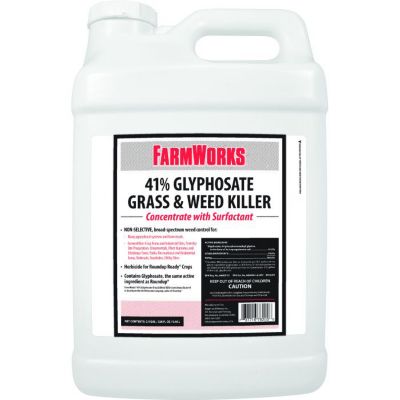


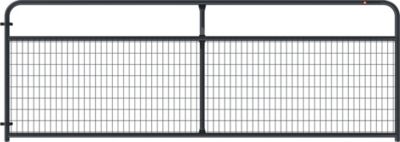
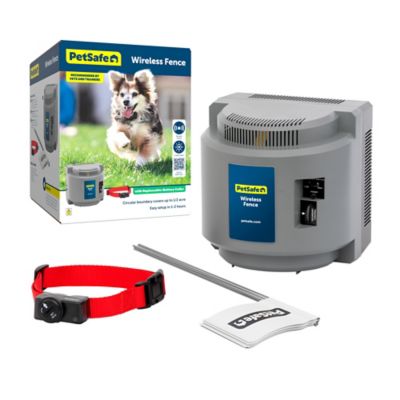
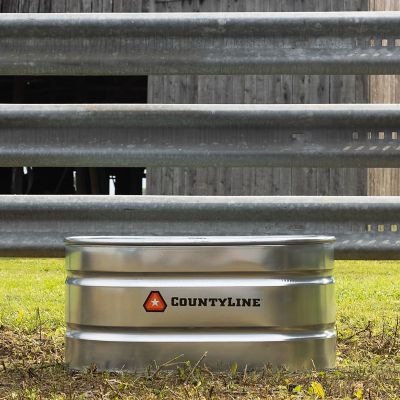
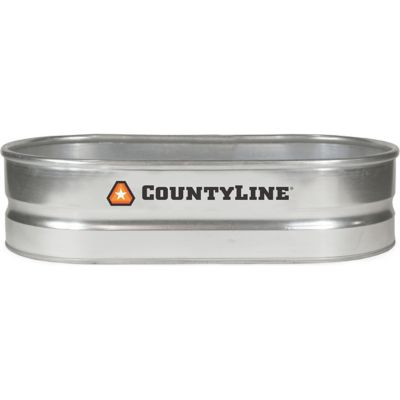
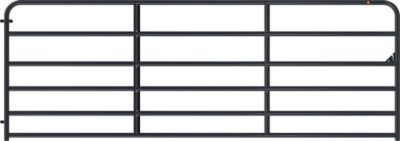
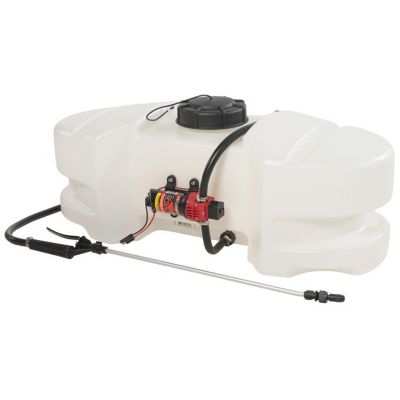
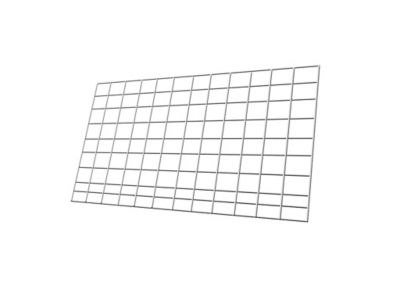
by Locke
Great product. Reading the product label is a must for correct application. Apply correct amount Oz. per gallon and pay attention to the temperature needed for application and wear your PPE. People have a tendency to use more than what is needed to get the job done!
by Taktani
This was $35 cheaper for the same amount that I normally buy from another shop. It has the same percentage of active ingredient and it also has surfactant in it which the other brand doesn’t have. It works just as well as Roundup.
by Frank
Works really well but costs and arm and a leg. I diluted it down to 4%, killed everything it came in contact with, in about 3 days everything was brown. I might try cutting it down to 2% and see how that does next time, in hopes of making it last a little longer.
by Firemont
Thankfully the price has went down ! to make this stuff really hot add about a half quart of crossbow to the 3 quarts to make 35 gallons and it will take every thing down to its roots !!
by Nathan
has worked as I had hoped, this takes a bit longer to actually kill the vegetation however I hope it lasts much longer than what I was previously using and it actually take MUCH LESS to spray the same area as my previous product.
by David
I tried this product because I was having a difficult time finding gallons of Roundup Super Concentrate. I found this product better than my previous results. I am a believer!